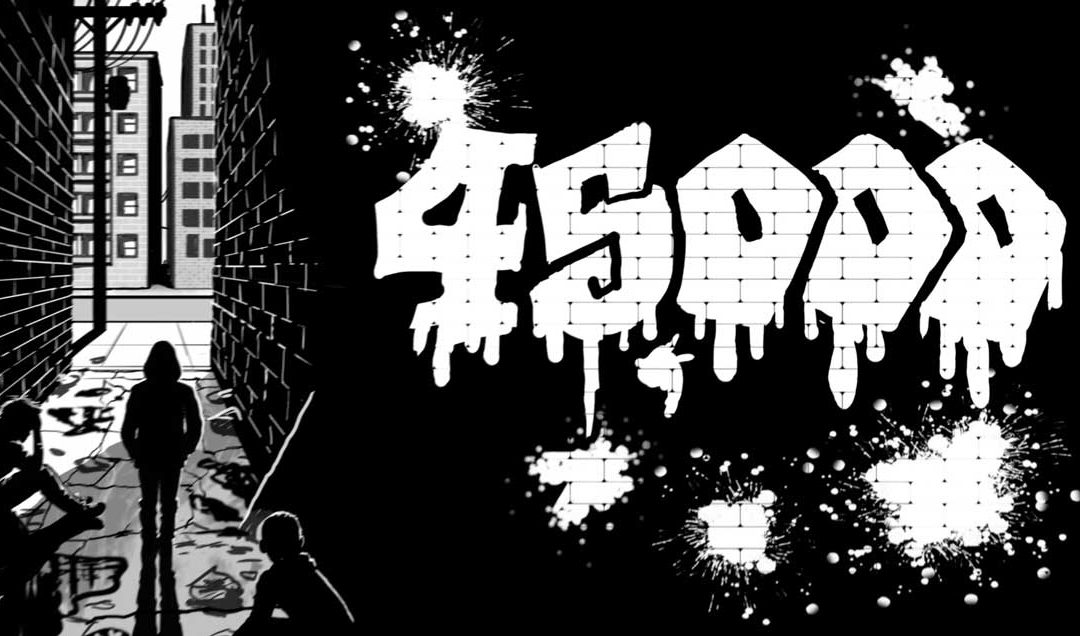What is an Addiction?
I think that we can all agree that drug addiction is one of those large red flags in our society, alongside other addictions such as alcohol and opioid addictions. For those who don’t know, a drug addiction is the dependency and overuse of drugs and other harmful substances, regardless of the consequences. This can range anywhere from cocaine to nicotine. The difference between the two is that only one of them is illegal in most parts of the world.
There are many types of addiction. This is mainly in part to how many addictive substances we all have access to. How many can you name? There are the aforementioned cocaine and nicotine. Next in line are cannabis, heroin, crack cocaine, methadone, barbiturates, and benzodiazepines such as Valium and Xanax. These alone are all found on a list of top ten most addictive drugs. I can’t even begin to count the total number of available drugs. Most are even more harmful long-term, especially cigarettes, which can lead to cancers of the lungs, mouth, throat, and much more.
Getting Personal
As I have already mentioned before, many people have experiences with drug and alcohol addictions, whether it be themselves or a loved one. I have experienced it myself through my own family. In an attempt to keep at least a little bit of anonymity, let’s call him J. For him, it all started while he was serving in the Marine Corps. While he was there, he was introduced to speed, cocaine, and marijuana, three very addictive drugs. He soon, after about three to four uses, became dependent on them for everyday functioning.
As for how he got caught, this one is actually a little bit funny. While running to his barracks, he tripped and fell, breaking his ankle. As his ankle was being treated, the medics ran several tests, as was protocol. One of these tests, of course, was a drug test. He was reported and swiftly dishonorably discharged. If you don’t already know, this stays on your record, permanently.
Being native to South Carolina, he did not want to go straight back home, and decided that he would rather move to California. This is where he met his soon-to-be girlfriend. After a few years of dating her, he found himself slipping back into his addictions, despite his efforts to stay sober. During this relapse, he and his girlfriend discovered that they were pregnant… with me.
Yet again, J tried to recover from his addictions, but ultimately failed. He soon after lost his newly made family. With his head low, he went back home to South Carolina. There, he found another woman and married her a few years after. He then relapsed, for the third time, losing yet another relationship.
Personally, I’m not sure if I’ll ever get addicted to drugs or alcohol. I’m a notorious scaredy-cat, so I will probably never knowingly try anything that is illegal. I also despise the smell of alcohol, so that’s never going to happen. You should probably start asking yourself a few questions. Am I addicted to anything harmful? Is anyone I know addicted? Am I at a large risk of developing a drug addiction? Will I ever let myself become addicted? I suggest you think those questions over carefully. Maybe it will change your life.
The Epidemic
Drug dependencies have become an epidemic, and a truly terrifying one at that. Have you ever known someone – or been someone – who was addicted to prescription or nonprescription drugs? Chances are, you will answer with a ‘yes.’ Just this alone is horrible to think about. The United States faced roughly 64,000 cases of confirmed drug-related deaths in 2016, which is about 5,333 per month, and nearly 1,230 per week. Drug overdoses have become one of the leading causes of death with American citizens. Unfortunately, this doesn’t show us any signs of slowing.
This epidemic is only aided with the lack of laws against alcohol and nicotine, which are arguably the most addictive drugs. These are both also very hard on the body, as are most drugs, and have horribly intense withdrawal processes. Alcohol withdrawals, in particular, can even be fatal, yet so many naive teenagers slip into dependencies just by going to a few “harmless” parties. In addition, many alcoholics never become aware – or never escape from denial – of their problem.
Prevention
The simplest way to prevent a drug addiction now and forever is to never try it. Unless you are of an outstanding character and you have tons of self-discipline, you probably can’t just promise yourself that it won’t happen and go from there. I’m also not saying that it is impossible. Having discipline is never developing an addiction, but having grit, however, is falling down into a dependency, and rising back up again to sobriety. Never look down upon a cured addict. They have a lot that they can teach you.
Another thing to note is peer pressure. Peer pressure comes in more than one form. Whether your friends directly tell you to try it, or you feel like an odd one out by sitting in the corner at a party, just being around other people using drugs will surely increase your chances of trying it and becoming addicted. Not all drugs need to be used more than once for an addiction to develop. Sometimes, it’s a one use only deal, and you can obtain a dependency after using it only one time.
The Cure
The most obvious cure for those suffering from drug dependencies would be to just stop using them… right? Taking a drug away from someone who is addicted to it has similar consequences to taking a starving man’s last grain of rice. You’re in for a fight, and a long, hard one at that. Thankfully, there is a five-step process in place for rehabilitation. This always varies with each individual patient, but is so far the best chance at recovery.
Step 1: Becoming aware of the problem. This is very important to becoming a drug-free person. If you don’t recognize that you have a problem, you won’t try to fix it. There is no sense in fixing what is not broken, so the patient needs to know that they have a very serious crack to fill in as soon as possible. Many addicts have families who care for them and talk about their problem. Although, it is possible for the patient himself/herself to find and try to fix their addiction alone.
Step 2: Taking action. Once the addict understands that they have a problem, they need to actually look for a solution. If not, then a patient will sit like a bump on a log and never fix their issue. Taking action can come in the form of thinking about how they affect themselves and those that they love, and then making a commitment to change themselves for the better.
Step 3: Researching the cure. This involves research of their disease and how to cure it. Often times, this is when an addict admits themselves into a rehabilitation facility, which is definitely a huge leap into recovery. If this is the route they choose to follow, the patient is well on their way to a healthy life.
Step 4: Beginning the recovery. In this stage, the addict has stopped using their drug(s) of choice and are trying to establish a new lifestyle with healthy habits, usually while at a rehabilitation facility. This is a time when you could say that they are standing on thin ice. This step goes one of two directions. The patient may stay drug-free and continue their journey to abstinence, or they may devolve back into their addictions. Hopefully, their icy foundation they’ve built so far is strong enough.
Step 5: Maintaining the progress. By this time, the patient has become sober and is now only vulnerable to a relapse. This step is not as easy as it seems. This is a process that they have to live with until they die, and a lifestyle that they must work on constantly to maintain. A former addict is always very capable of slipping backwards, having to then start over again.
Using these five simple, yet difficult steps, many addicts have fully recovered from their addictions and are living healthy, fun, and truly awesome lives. There are many people who also have spoken publicly about what happened to them.
The Help
Trust me, this is no reference to a cool movie, sorry. If you are or know anyone who is currently suffering the effects of an addiction, contact Eagle Ranch Academy. We can direct you from there.
Sources
3:https://mentalhealthdaily.com/2014/10/10/10-most-addictive-drugs-list/
4: https://www.cancer.gov/about-cancer/causes-prevention/risk/tobacco/cessation-fact-sheet

